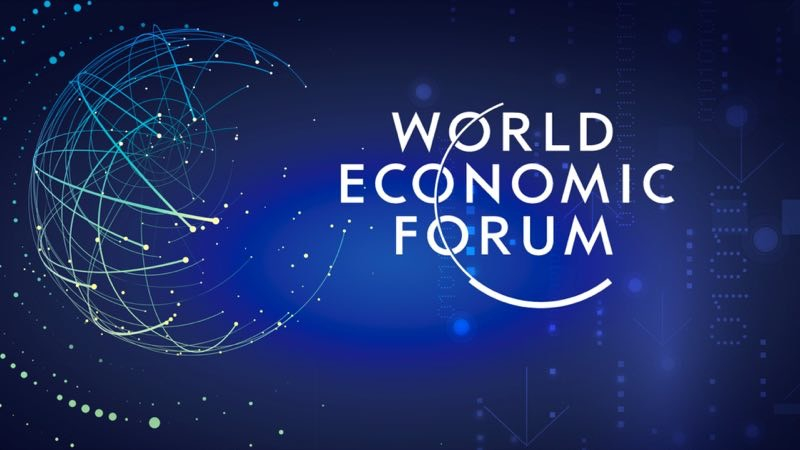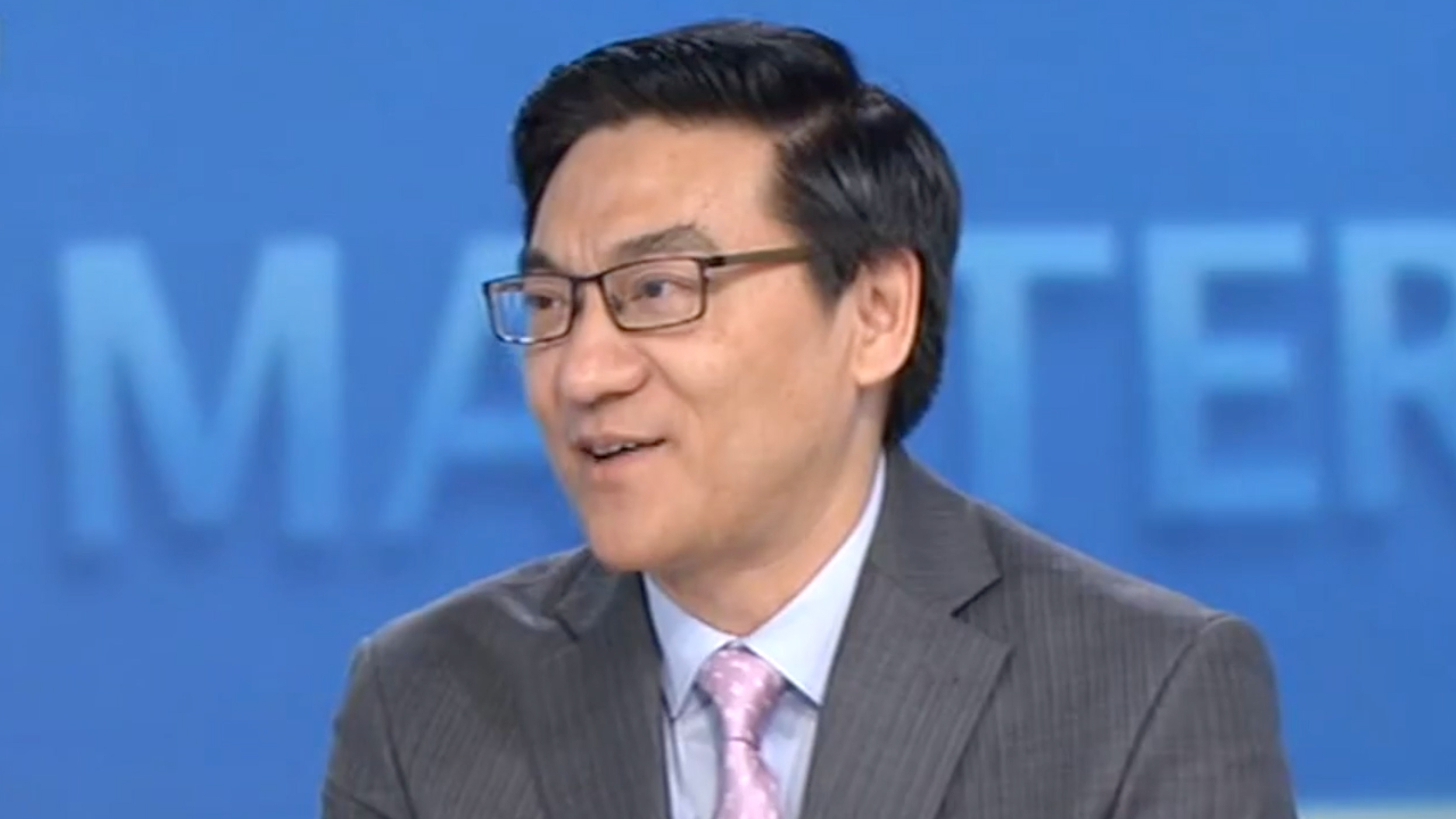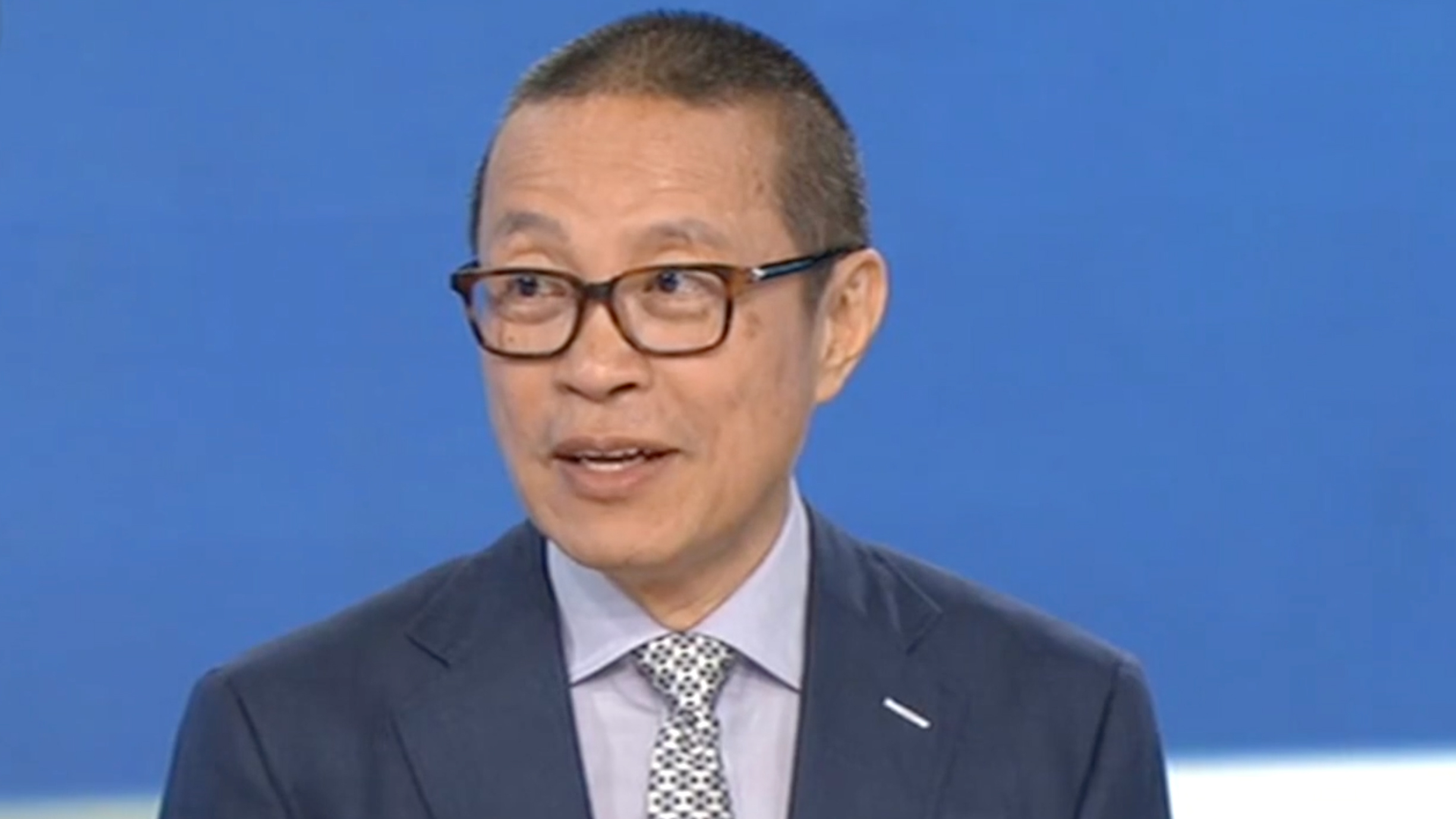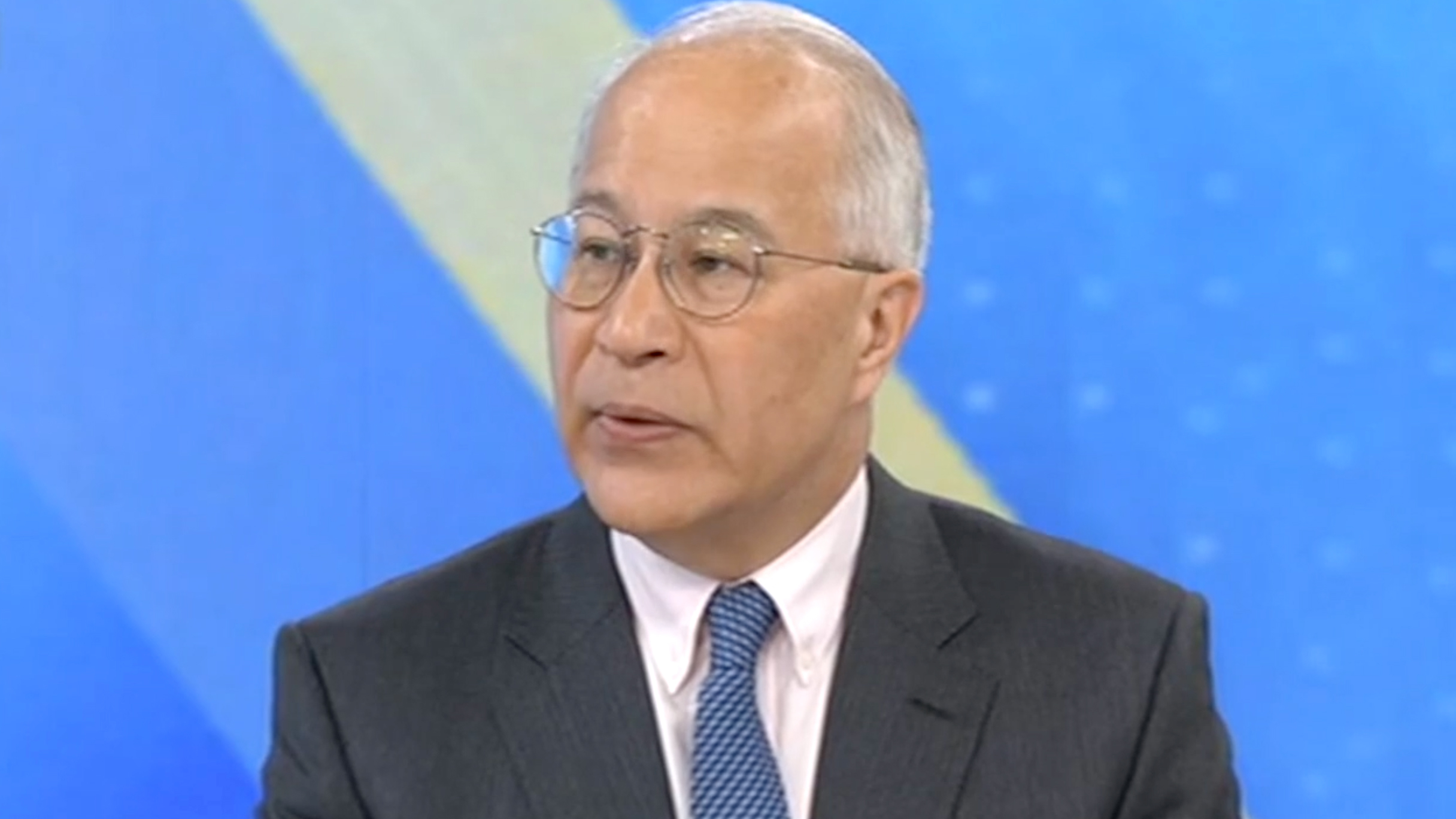

The 13th Annual Meeting of the New Champions, also known as "Summer Davos," was held in China's coastal city of Dalian. Chinese Premier Li Keqiang pledged during the meeting that China will loosen the limits on foreign investment and ease access for foreign financial services companies into the Chinese market in 2020. While China's economic resilience amid the China-U.S. trade war is under the spotlight, experts are expressing their confidence in China reshaping its role in the global market.
Echoing the theme of this year’s Davos, "Leadership 4.0: Succeeding in a New Era of Globalization," Einar Tangen, a U.S. current affairs commentator, believes "you cannot have leadership unless you have consensus on what the problems are."
While the vast majority of the world agrees on the need for climate action and supporting multilateral trade organizations like the WTO, there are different understandings at play. There can be no concerted world action if there is no agreement on what the problems are or how to measure them.
"When people start talking about leadership, the best you can say about it is working towards a consensus mode where economies agree on a multipolar universe, where leaders and countries agree as to what the way forward is. That would mean dropping those who would not go along," Tangen told CGTN.
The days of 10-percent annual growth for China’s economy have ended, and a lower, steady phase is anticipated now. Professor John Gong from the University of International Business and Economics suggests this is a good sign for China's development.
"The days of China’s growth staying above six percent are probably quite numbered. We are rapidly approaching the time of a five-percent range. The bottom line is, China is entering the bloc of those developed countries. More like developed countries, where growth rate is very low, we are actually getting into that territory," Gong told CGTN.

For the past decade, the growing spending power of China's expanding middle class has helped fuel the economy. But some have expressed concerns about a sustained decline in consumer spending and the so-called "consumption downgrade." Charles Liu, founder of Hao Capital, says Asia's middle class is approximately 720 million people, and the huge potential of this gigantic group should never be undermined.
"720 million middle class [people] are all tied together to one massive consumer market in Asia. Even the entire U.S. population and [that of] the G7 countries added together doesn't come close to it. It's not just China's middle class, we have to look at the whole rise of Asia. That is not containable, no matter what the U.S. tries to do. You cannot suppress it anymore."

As for the impacts of the trade war on China's FDI, Tangen says there is nothing to worry about as China is going better and better on opening its market to foreign investment.

"China has shown it has gone beyond borrowing innovation to creating it. This has been a real eye-opener for people, so investment is pouring into China as the U.S. is attacking it. It is not going the way Donald Trump thought it would have. He was trying to scare away investment and push it back to the U.S., [it's] exactly the opposite," Tangen added.
(If you want to contribute and have specific expertise, please contact us at opinions@cgtn.com.)

Copyright © 2018 CGTN. Beijing ICP prepared NO.16065310-3
Copyright © 2018 CGTN. Beijing ICP prepared NO.16065310-3